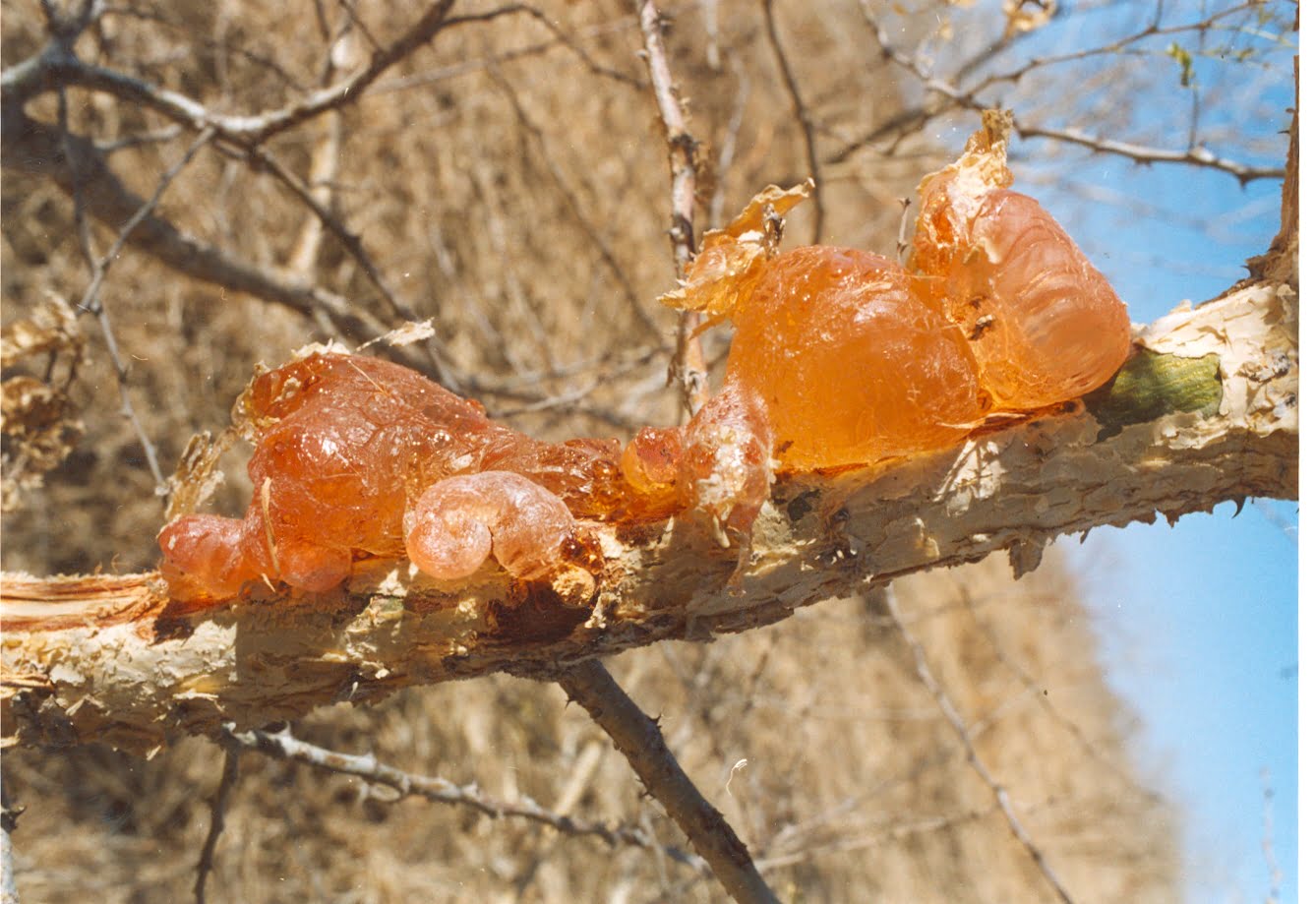In today’s global marketplace, ethical sourcing and sustainability have become paramount concerns for conscientious consumers. Arabic gum, known for its versatile applications in industries from food to pharmaceuticals, is sourced predominantly from acacia trees in the African Sahel region. However, the methods of harvesting Arabic gum can significantly impact local ecosystems and communities.
Understanding Arabic Gum Harvesting
Arabic gum, also referred to as gum arabic, is harvested from Acacia senegal and Acacia seyal trees. This natural exudate plays a crucial role in various products, including food stabilizers, pharmaceuticals, and cosmetics. Traditionally, harvesting involves making incisions in the bark of these trees, allowing the gum to ooze out and form hardened tears or nodules.
Challenges in Traditional Harvesting Practices
While Arabic gum harvesting provides livelihoods for many communities, unsustainable practices can lead to environmental degradation and economic instability. Over-tapping trees, improper harvesting techniques, and unsustainable land management can reduce tree health, degrade local biodiversity, and threaten the long-term viability of Arabic gum production.

Embracing Ethical Harvesting Practices
Ajigofarms recognizes the importance of promoting ethical practices in Arabic gum harvesting to ensure sustainable sourcing and support local communities. Here’s how ethical practices can make a difference:
- Responsible Harvesting Techniques: Encouraging methods that minimize damage to trees, such as controlled tapping and respecting tapping cycles, ensures sustainable gum production without harming tree health.
- Community Empowerment: Working closely with local communities to provide training in sustainable harvesting techniques and fair trade practices empowers them economically while preserving cultural traditions.
- Biodiversity Conservation: Protecting the natural habitats where Acacia trees grow supports biodiversity, helping to maintain ecosystem services crucial for local wildlife and agricultural productivity.
- Transparent Supply Chains: Establishing transparent supply chains from source to market ensures that consumers can trace the origin of their Arabic gum products, promoting trust and accountability.
The Impact of Ethical Choices
By promoting ethical practices in Arabic gum harvesting, Ajigofarms not only supports sustainable agriculture but also contributes to global efforts in environmental conservation and social responsibility. Consumers choosing products sourced from ethical practices empower these initiatives and drive positive change across the supply chain.
Conclusion
In conclusion, promoting ethical practices in Arabic gum harvesting is not just a responsibility but an opportunity to foster sustainable development. Ajigofarms remains committed to supporting ethical sourcing, preserving biodiversity, and improving livelihoods in the communities where Arabic gum is sourced. Together, we can ensure that every purchase supports a sustainable future for both people and the planet.




